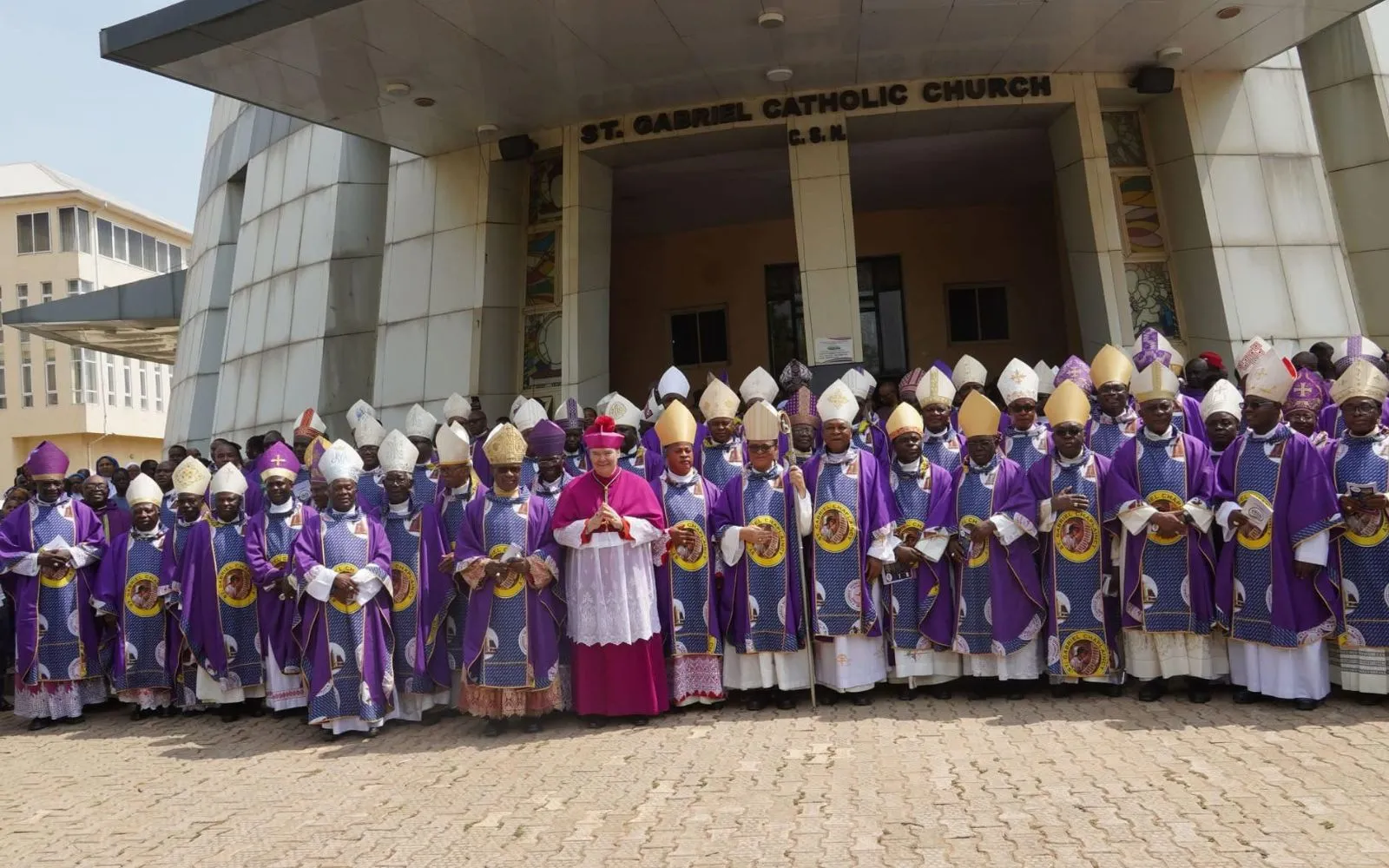They continue, “Decent jobs require the promotion of entrepreneurs in agriculture and this points to the growth of small-scale farmers who are able to improve their livelihoods through farming in a way that is sensitive to the needs of the environment.”
In the August 26 statement, officials of the ZCCB entity note “with great concern the accelerated pace at which the outgoing government was moving to issue titles through the National Land Titling Program (NLTP).”
They note that “the program, which was driven by the desire to increase government revenue from land transactions started without the cover of a national land policy that should in essence have provided guidelines for the excursion of such an important undertaking in the history of this country.”
“Tilting all land in Zambia means, converting all customary land into leasehold. This has the effect of reducing areas available to the poor people under customary tenure and will effectively mean that Zambia will only have one tenure system thereby killing Zambia’s cultural heritage and all the existing villages and Chiefdoms,” they say.
They add, “The wiping out of villages from customary land, which is already happening at the moment, will create identity crises for many people in Zambia. In fact, this is a recipe for civil war.”
(Story continues below)
Caritas Zambia officials say they are concerned about customary land “because that is where the poor have hope of retaining their dignity.”
They, therefore, call on the new government to “work with the royal highness and CSOs (Civil Society Organizations) to safeguard customary land and its tenure system.”
Officials of Caritas Zambia also call upon the new parliament to enact the Child Code Bill so as to enhance the protection of minors and “address the inconsistencies in the legal frameworks around child protection.”
“This has been overdue, there is no need to hold on to this bill any longer,” officials of the development and humanitarian arm of the Catholic Bishops in Zambia say.
They urge the government to “guarantee press freedom through policy, legislative changes and in practice.”
“Mr. President, the access to information bill has been pending for more than 10 years. Zambia needs this Bill to be enacted into law because it will enhance democracy through the promotion of transparency and accountability,” they say and urge the new leadership not to use existing laws and policies to intimidate and gag the media.
The Caritas officials in the Southern African nation also express concerns about the previous government’s failure to be transparent about the country’s debt crisis and urge the new leadership to be open about it.
“It is important for the Zambian people to know the nature of the debt and how much it is. Parliament has over the years been side-lined in debt contraction,” they say, and reiterate, “Zambians need order, transparency and accountability in the manner debt is contracted and used in the country. Parliament should have a major role in this aspect.”
Magdalene Kahiu is a Kenyan journalist with passion in Church communication. She holds a Degree in Social Communications from the Catholic University of Eastern Africa (CUEA). Currently, she works as a journalist for ACI Africa.








